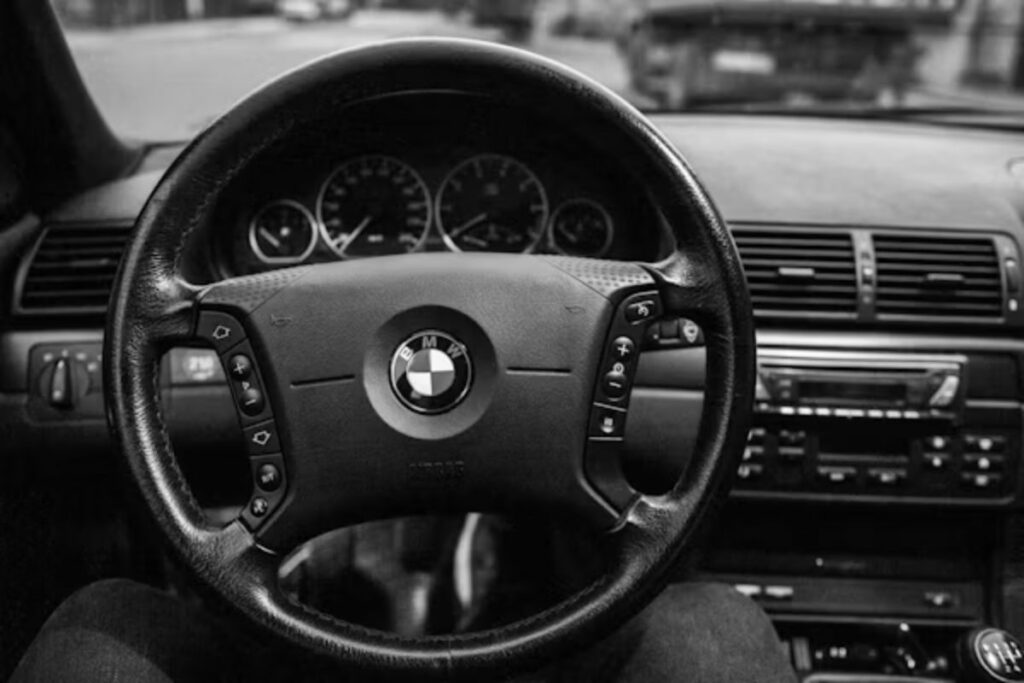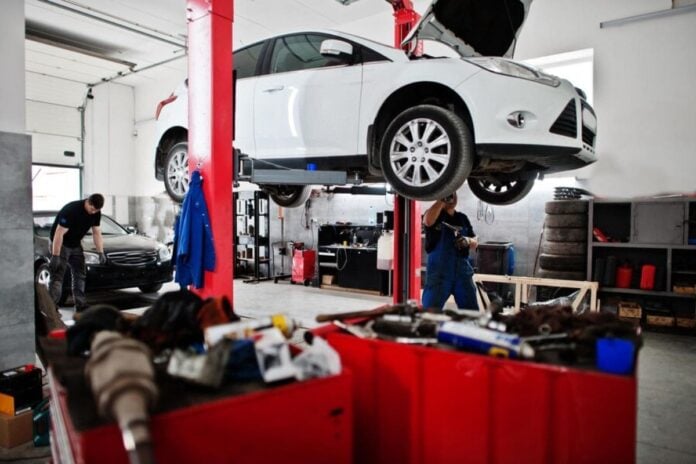Car brakes are often overlooked by just about every car owner out there. As a vehicle owner, you ought to understand how your car brakes work and how to maintain them to avoid accidents.
Generally, your car brakes function to control, slow down, and stop your vehicle. Therefore, this component requires constant monitoring to ensure it’s in good condition.
It is recommended that your brakes be maintained regularly to ensure it is always in good condition. Brake failure, wear, or problems can be a significant issue should the situation arise.
Read more: What Should You Do If Your Brakes Stopped Working On The Road
Squeaking Brakes? These Are The Signs Your Brakes Needs Replacement

Keeping your brakes in tip-top condition should be crucial when servicing your car. Brakes in condition can reduce the risk of accidents such as skidding or colliding with other vehicles.
Now that you’ve learned how important your brakes are, you should get your brake pads replaced immediately if these six signs happen on your vehicle.
-
Thin Brake Pads

Your brake pads are located in between your wheel and suspension arm. Note that some cars come with brakes in the front while higher-powered ones have up to four.
These paddings provide friction to stop and slow down your vehicle. If the brake pads are thin, they cannot perform properly.
You can perform a visual inspection to determine the thickness of the brake padding. The brake pads can be seen easily through the rim gap – if their thickness is less than a quarter or 3mm, replace them immediately.
Read more: The Dangers of Fake Brake Pads & How to Spot Them
-
Handbrake Light Is On

The handbrake light illuminating on the dashboard may indicate a problem with the brake system. In normal circumstances, the warning light illuminating is a sign the parking brake has been engaged.
However, it may also indicate that the brake fluid needs to be topped up. You can always refer to your owner’s manual for more information.
-
Squealing Noises From The Brakes

Have you ever seen those small pieces of metal on brake pads? Those are called brake wear indicators. They produce a sound from the friction it makes upon contact with the brake disks.
When you hear a loud, squealing noise while braking, it might be a sign the brake pads are bald and need to be replaced. It might be clogged with debris, small stones, or rust in the brake pads.
Take your car to a workshop to check if you suspect one of these may be the problem.
-
Burnt Smell or Foul Odor From The Brakes

If your brake pads become excessively hot, a burning smell will occur. Should this happen, stop immediately at a safe location and allow your car brakes to cool off.
Check your car brakes condition immediately and if there is smoke coming out from the wheels, it may indicate a damaged or locked brake caliper.
When such a situation occurs, we recommend not continuing your journey further without repairing your brakes first.
-
Brakes Have No Bite Upon Applying

When you apply the brakes but they feel spongy or have no bite to them, this could potentially indicate:
- Brake pads are worn out and need to be replaced;
- There is air or a leak in the car’s brake system;
- The brake fluid is leaking.
Should there be air in your brake system, you need to bleed the air out by flushing out the old brake fluid and topping it up with a fresh one.
Like our cardiovascular system, having air trapped inside the veins, or in this case, the tubes can hinder the flow of fluids required to function.
Read more: Is Your ABS Light On? Here’s What’s Causing It
-
Leaking Brake Fluids

Do you notice oil puddles near your wheels when your car is parked? Check the brake fluid level in your car – if it is low or depleted, it may indicate a leak in your car’s brake system.
When pressure is applied to the brakes, the fluids create a hydraulic pressure on the brake calipers. Lack of fluids in the system will cause the brakes to operate inefficiently.
Additionally, you should ensure your brake fluids are clean and maintained according to your service schedule. Take your car to a workshop if it’s running low or leaking.
-
Your Car Steering Vibrates When Braking

- If your steering wheel vibrates when applying brakes, it is likely due to an uneven thickness of the brake rotor. This is common when the brake rotor is worn out unevenly after prolonged usage.
Left unattended, your brake padding material will have uneven spots which causes even more vibrations.
It is possible to send your brake rotors for resurfacing to reduce the amount of vibrations on the wheel. However, if the rotors are too worn, it’s best to replace them.
-
Increased Stopping Distance

- When brake pads are damaged and worn, they cannot work properly. This can cause you to take longer to slow down when braking.
If you do notice these signs, get your brake pads replaced at the nearest workshop for immediate replacement.
-
Car Swivering Left and Right When Braking
- Lastly, another common sign of brake issues is the vehicle veering left and right when braking. Check the two front brakes for misaligned rotors or your brake fluid flow for issues. This problem can result in one brake component receiving much higher pressure than the other.
You may not notice these signs at lower speeds but braking at higher speeds is where the problem arises. Although this may seem minor, it will accelerate the damage to your braking system and cause uneven brake pad wear.
Stop By CARSOME Service Center For New Brake Pads!

Does your car have any of the symptoms mentioned above? Take your car down to the CARSOME Service Center for a quick check with our complimentary 20-point inspection!
If your brake pads need to be replaced, we have service packages that cover all your car’s needs starting from RM99! Book an appointment for service here!
